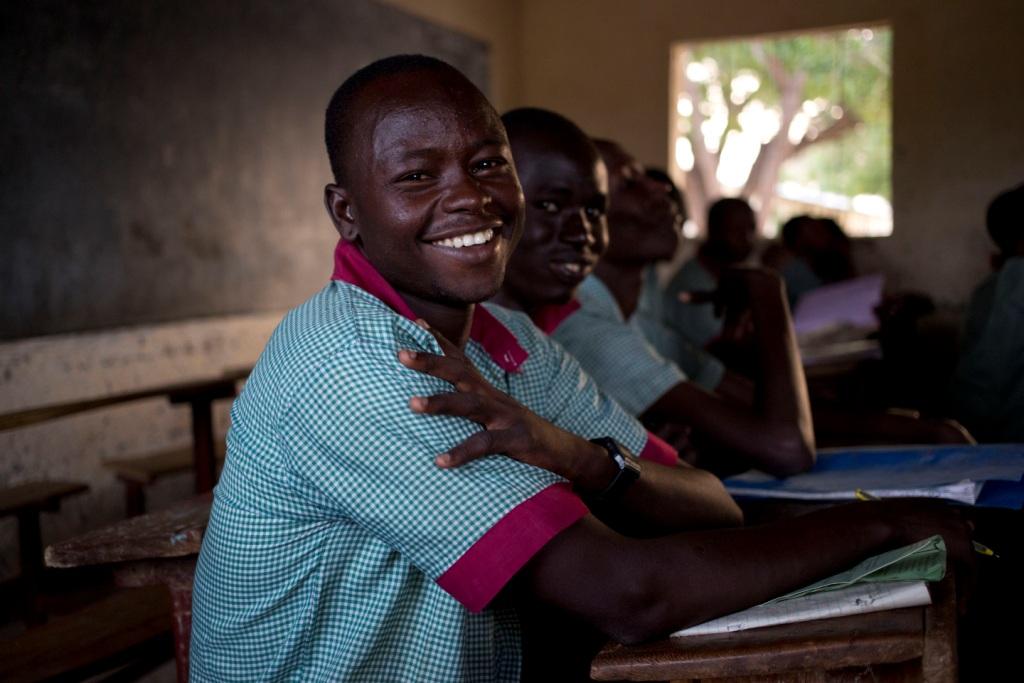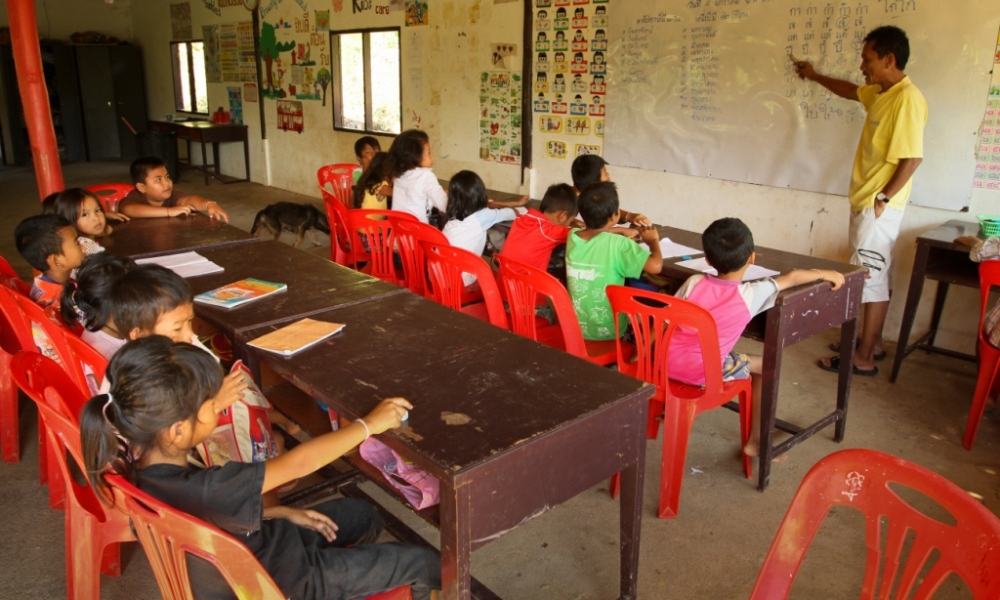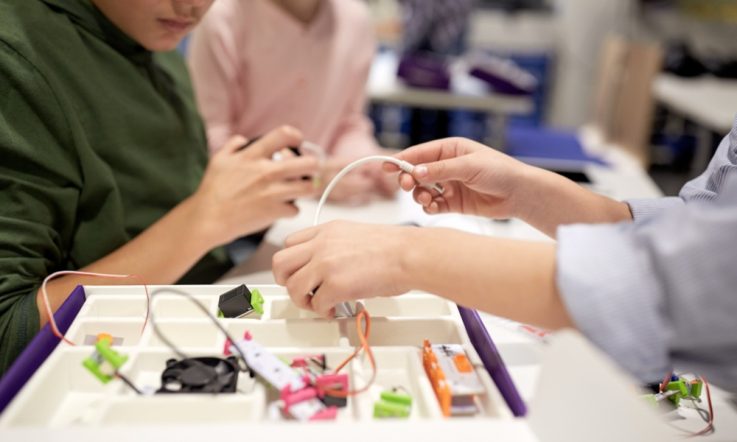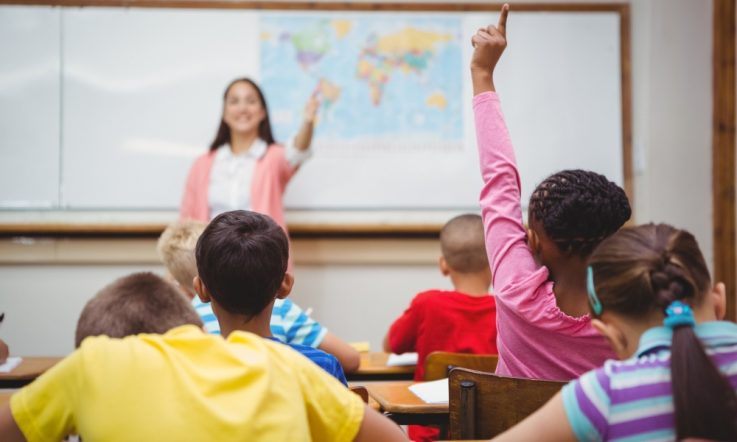A UNESCO report tracking a 15 year push toward global education goals has revealed mixed results and flagged major inequality as an ongoing barrier to change.
Just one-third of countries achieved all the measurable Education for All (EFA) goals by the 2015 deadline, and the world's poorest children are still four times more likely to be out of primary school than the world's richest children.
‘There are still 58 million children out of school globally and around 100 million children who do not complete primary education,' UNESCO Director-General Irina Bokova says, adding ‘Inequality in education has increased, with the poorest and most disadvantaged shouldering the heaviest burden.'
However, there were positives in the 2015 EFA Global Monitoring Report (GMR) Education for All 2000-2015: Achievements and Challenges - released ahead of next month's World Education Forum in Incheon, South Korea.
In 2012, the number of children enrolled in pre-primary education worldwide was 184 million – an increase of 64 per cent since 1999.

Image: Karel Prinsloo/ ARETE/ UNESCO EFA Report.
‘The world has made tremendous progress towards Education for All,' Bokova says. 'Despite not meeting the 2015 deadline, millions more children are in school than would have been had the trends of the 1990s persisted.'
She calls the results of 15 years of monitoring ‘sobering' and adds the progress agenda is far from finished.
‘Conflict remains a steep barrier, with a high and growing proportion of out-of-school children living in conflict zones. Overall, the poor quality of learning at primary level still has millions of children leaving school without basic skills.'
Governments from 164 countries made EFA commitments at the World Education Forum in Dakar, Senegal in 2000. The Dakar Framework set out six key goals, together with associated targets and strategies, to be met by 2015. They were:
- Expand early childhood care and education, especially for the most vulnerable children;
- Achieve universal primary education, particularly for girls, ethnic minorities and marginalised children;
- Ensure equal access to learning and life skills for youth and adults;
- Achieve a 50 per cent reduction in levels of adult illiteracy by 2015;
- Achieve gender parity and equality; and,
- Improve the quality of education and ensure measurable learning outcomes for all.
The UNESCO report outlines the successes, efforts made and persistent challenges in relation to each goal. On the first goal (early childhood care and education), successes include compulsory pre-primary education in 40 countries by 2014. Efforts made to increase access include mobile kindergartens in Mongolia and the abolishing of school fees in Ghana.
More than half (52 per cent) of the 140 countries with data achieved the goal of universal primary education. Africa, Ethiopia, Mali, Guinea, Sierra Leone, Benin and Mozambique all increased primary school completion by more than 20 percentage points. However, the challenges include 58 million children still out of school, and 36 per cent of these children are in conflict affected zones.
In terms of gender parity and equality, the report says child marriage and early pregnancy continue to hinder girls' progress in education, ‘as does the need for teacher training in gender sensitive approaches.' It adds that providing safe and separate sanitation facilities for girls is also a key strategy for improving attendance.
When it comes to improving the quality of education, the report notes four million more teachers are still needed to get all children into school and trained teachers are in short supply in one third of countries.
Find out more about the Education for All goals and progress at en.unesco.org/gem-report



